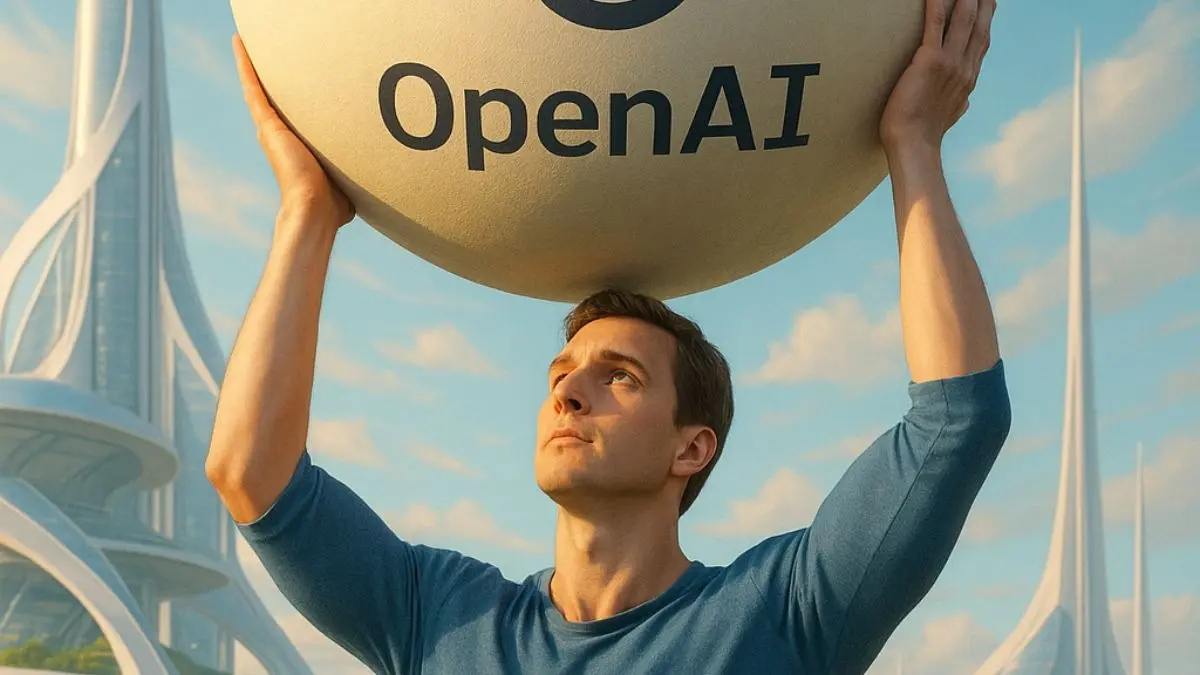Updated 27 May 2025 at 11:43 IST
AI Mirror, Mirror on the Wall: ChatGPT Users Now Want Bot to Rate Their Looks
ChatGPT users have mostly appreciated its “honest” responses, including mentions of imperfections in their looks.
- Tech News
- 3 min read

For years, people have relied on their friends, beauticians, and beauty experts to tell them if they are gorgeous and match the definition of beauty. However, they have an easier way—the one that does not require them to open up to people who may be judgmental. People are now turning to OpenAI’s ChatGPT to find out the harsh truth about their looks and ask how they can become more desirable.
According to a report by the Washington Post, one of the best use cases for an AI bot — as popular as ChatGPT — is to tell people whether they look good based on uploaded photos of them. These users, the report claims, have found useful tips from the bot to glam up their appearance, including recommendations about specific products for dyeing hair or Botox. Some people even said they implemented ChatGPT’s advice, resulting in long bills at beauty parlours, salons, and cosmetic clinics.
The shift shows how people have accepted AI chatbots, like ChatGPT, as their advisor, seeking opinions on highly personal and sensitive matters such as beauty. According to the report, people have often found chatbots to be impartial during the assessment of their looks, compared to asking a friend or family member the same questions about their appearance.
However, experts have repeatedly warned that AI responses are not entirely unbiased since they are based on the data they have been trained on. Worse, these responses could have been generated based on the AI bot owner’s financial aspirations. For instance, the assessment by a particular chatbot could have been based on data provided by beauty product companies.
Advertisement
Experts added that chatbot’s answers are framed after the AI service has scoured large troves of internet content, including biased web forums and research papers. Thus, they believe, users should act cautiously when they decide to implement an AI bot’s feedback for a “glow up.” AI companies with financial backing from companies dealing in beauty products might offer product recommendations and encourage shopping to push consumers to spend more on beauty items, the report said, citing AI analysts. They have also called for ethical guardrails on how AI bots have come to be seen as beauty experts, especially at a time when content on the internet can impact users' self-esteem and indirectly coerce them into seeking validation.
ChatGPT users have mostly appreciated its “honest” responses, including mentions of imperfections in their looks, because they are free from humans' perceived biases. And despite the potential shortcomings, they will continue to ask ChatGPT to rate their looks.
Advertisement
Published By : Shubham Verma
Published On: 27 May 2025 at 11:32 IST
